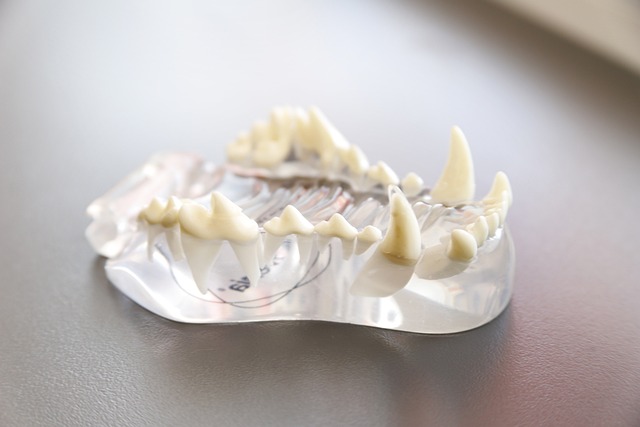
Lupus Nephritis
Understanding Lupus Nephritis
Lupus nephritis is a term that can sound a bit daunting, but it’s essential to understand what it means, especially for those who may be affected by it. This condition is a serious complication of systemic lupus erythematosus (SLE), an autoimmune disease where the body’s immune system mistakenly attacks its own tissues. In the case of lupus nephritis, the kidneys are the primary target, leading to inflammation and potential damage. 🌸
Who Is Affected?
Interestingly, lupus nephritis tends to be more prevalent in women than in men. It often develops within the first five years after lupus symptoms appear, making it crucial for women, especially those aged 15 to 44, to be aware of the signs. The risk is even higher for African American, Asian, and Hispanic women, who may experience more severe symptoms and complications. This highlights the importance of early detection and proactive health management.
Recognizing the Symptoms
One of the tricky aspects of lupus nephritis is that its early symptoms can be subtle and easily overlooked. Common signs to watch for include:
- Weight Gain: Sudden, unexplained weight gain can be a red flag.
- Swelling: Puffiness around the eyes, hands, or feet may occur due to fluid retention.
- Increased Urination: Especially at night, this can indicate kidney issues.
- Changes in Urine: Look out for blood or a foamy appearance in your urine.
- High Blood Pressure: This can be a significant indicator of kidney strain.
If you notice any of these symptoms, it’s essential to consult a healthcare professional for further evaluation. Early intervention can make a world of difference!
Treatment Options
When it comes to managing lupus nephritis, there are several treatment options available. The goal is to control inflammation and minimize kidney damage. Some commonly used medications include:
- Immunosuppressive Drugs: These help to reduce the immune system's attack on the kidneys.
- Corticosteroids: Often prescribed to decrease inflammation.
- Blood Thinning Supplements: These can help improve blood flow and reduce complications.
One notable medication, Benlysta, has shown promise in treating lupus symptoms and may also help with kidney function. It’s essential to work closely with a healthcare provider to determine the best treatment plan tailored to individual needs.
Living Well with Lupus Nephritis
Living with lupus nephritis can be challenging, but it’s important to remember that many people lead fulfilling lives while managing this condition. Regular check-ups, a balanced diet, and a supportive network can make a significant difference in overall well-being. 🌼
It’s also beneficial to connect with support groups or online communities where individuals share their experiences and coping strategies. Remember, you are not alone on this journey!
Final Thoughts
Understanding lupus nephritis is the first step in taking charge of your health. Awareness of symptoms, timely medical intervention, and a supportive community can empower those affected to navigate this condition with grace and resilience. Embrace your journey, and don’t hesitate to seek help when needed.

















 The Lineweaver-Burk Plot: Km and Vmax
The Lineweaver-Burk Plot: Km and Vmax 
 Health
Health  Fitness
Fitness  Lifestyle
Lifestyle  Tech
Tech  Travel
Travel  Food
Food  Education
Education  Parenting
Parenting  Career & Work
Career & Work  Hobbies
Hobbies  Wellness
Wellness  Beauty
Beauty  Cars
Cars  Art
Art  Science
Science  Culture
Culture  Books
Books  Music
Music  Movies
Movies  Gaming
Gaming  Sports
Sports  Nature
Nature  Home & Garden
Home & Garden  Business & Finance
Business & Finance  Relationships
Relationships  Pets
Pets  Shopping
Shopping  Mindset & Inspiration
Mindset & Inspiration  Environment
Environment  Gadgets
Gadgets  Politics
Politics 